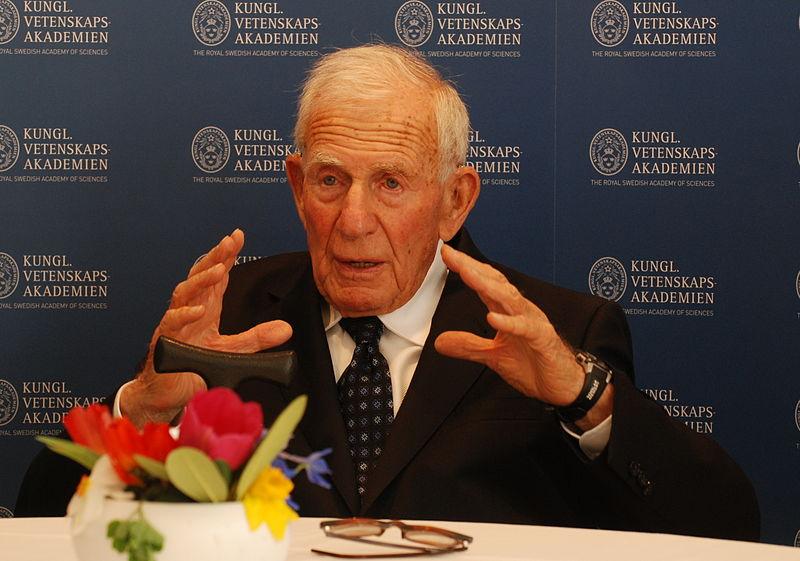He’s the “Einstein of the oceans.” Working as a U.S. military scientist during World War II, Walter H. Munk heard of a plan the Allies had to keep Axis forces from taking Northern Africa. To Munk the plan seemed to exclude a key fact: The waves in that area were often too high for boats to reach shore safely.
Munk created a calculation to anticipate the waves the Allied forces would face, allowing a smooth ride ashore. It set the groundwork for the D-Day landing on Normandy two years later.
The Austrian-born American was meant to be a banker, but grew bored of the trade. As World War II was brewing Munk studied physics and became an American citizen. Before completing his masters degree in geophysics, Munk enlisted in the U.S. Army. Munk’s research also helped Allied forces test nuclear weapons.
After the war, Munk honed the science of tide prediction and used acoustics to visualize water as well as measure ocean temperatures.
By Christine Ayala







